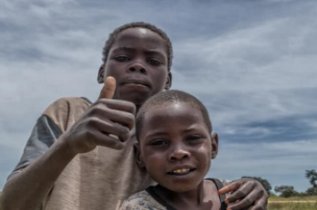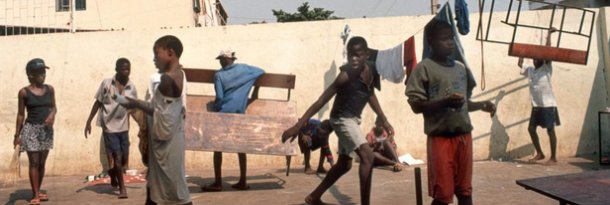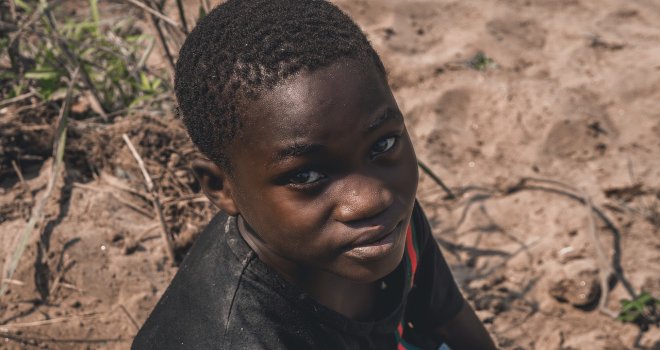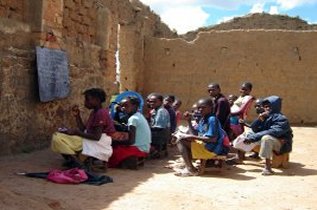|
The positive ripple effect of child sponsorship extends far beyond individual children, creating a significant impact on the community. As more children receive an education, the overall literacy rates in the community rise, leading to a more informed and engaged populace. Educated individuals are more likely to secure better employment opportunities, contributing to the local economy and breaking cycles of poverty. Improved health outcomes within the sponsored children can also have a broader impact, reducing the burden of disease on families and healthcare systems. Furthermore, many sponsorship programs work in collaboration with local communities to implement development projects, such as clean water initiatives, agricultural training, or small business development. These projects empower the entire community, fostering self-sufficiency and long-term sustainability.
Understanding what children are selected for child sponsorship and how is crucial for potential sponsors. Children are typically selected based on their vulnerability and need, often identified by local partner organisations working on the ground. This usually includes children from impoverished backgrounds, orphaned or abandoned children, or those living in remote areas with limited access to essential services. The selection process is usually transparent and ethical, ensuring that the most deserving children are identified. Organisations often work with community leaders, schools, and local health centres to identify families and children who would benefit most from sponsorship. The goal is to provide support to those who might otherwise be overlooked, giving them a fair chance at a brighter future. By understanding this selection process, sponsors can be assured that their contributions are reaching those who need them most, making their act of generosity even more meaningful. In essence, child sponsorship in Angola is a powerful tool for individual empowerment and community development, offering a tangible way to contribute to a brighter and more hopeful future for its children.
Children's Charities Africa

A guide to the main children's charities working with children and communities in Africa together with charitable organisations supporting young people.
More >
|
|












